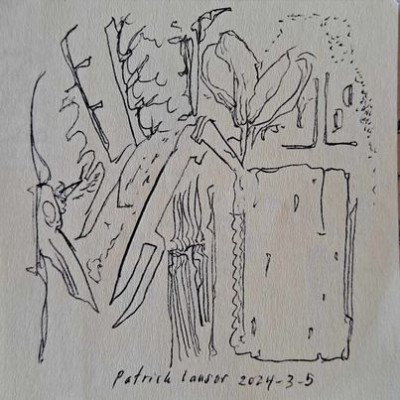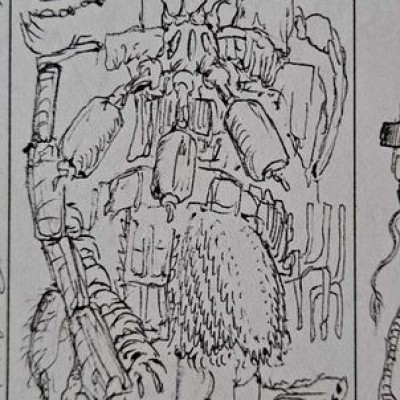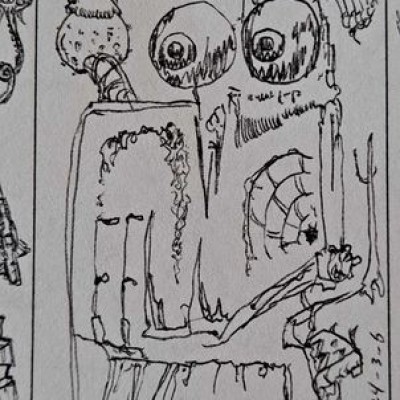Watch
Events
Articles
Market
More
Starting up posting OOMs again! Probably separate posts for those that've been made and not posted these past weeks, and for the new ones going forward. ?♂️
~
The stalled worm spoke from the corridor of the elephant's left nostril: the message of radiation fingered through the film of static, and lay upon the flank of the joist, when it all fell.
Will we not remember that display?
#writtenoom 2024/03/03
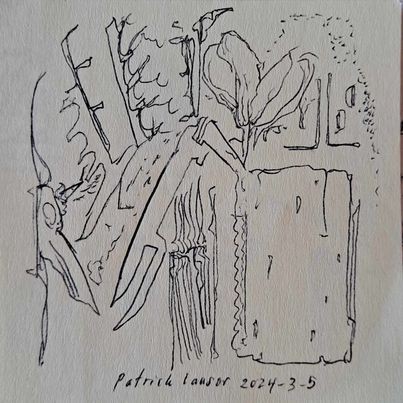



Starting up posting OOMs again! Probably separate posts for those that've been made and not posted these past weeks, and for the new ones going forward. ?♂️
~
The stalled worm spoke from the corridor of the elephant's left nostril: the message of radiation fingered through the film of static, and lay upon the flank of the joist, when it all fell.
Will we not remember that display?
#writtenoom 2024/03/03
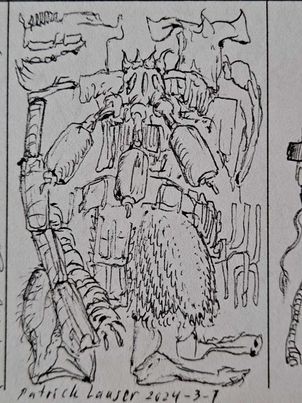



Starting up posting OOMs again! Probably separate posts for those that've been made and not posted these past weeks, and for the new ones going forward. ?♂️
~
The stalled worm spoke from the corridor of the elephant's left nostril: the message of radiation fingered through the film of static, and lay upon the flank of the joist, when it all fell.
Will we not remember that display?
#writtenoom 2024/03/03
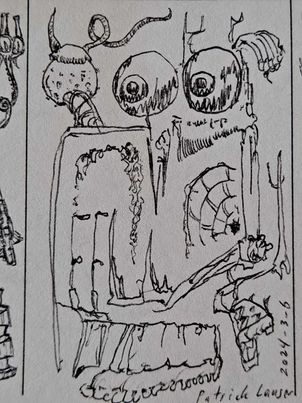



Starting up posting OOMs again! Probably separate posts for those that've been made and not posted these past weeks, and for the new ones going forward. ?♂️
~
The stalled worm spoke from the corridor of the elephant's left nostril: the message of radiation fingered through the film of static, and lay upon the flank of the joist, when it all fell.
Will we not remember that display?
#writtenoom 2024/03/03
